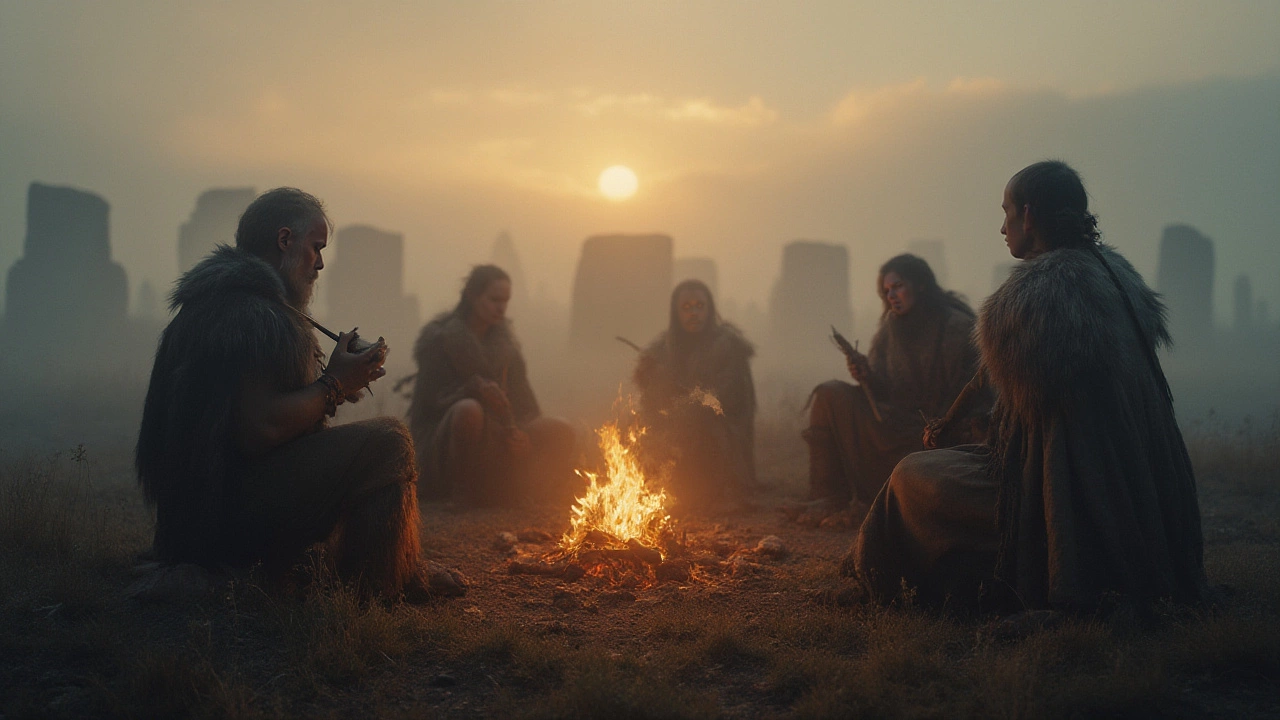Origin of Music: How Sound Became Rhythm
Ever wonder why we tap our feet or hum a tune without thinking? It all starts with the first humans discovering that a stick, a rock, or a shout could create a pattern that felt good. Those early patterns are the seed of every song you hear today.
Early Beats and Primitive Instruments
Archaeologists have found bone flutes that are over 40,000 years old. People likely blew into them during hunting trips or around the fire. At the same time, simple drums made from animal skins gave a steady pulse you could dance to. Even clapping hands was a way to keep a beat.
These early sounds weren’t random. Hunters used rhythm to coordinate moves, and mothers sang lullabies to calm babies. The brain loves repeated patterns; they help us remember and feel safe. That’s why rhythm turned into a tool for communication long before words were common.
Why Music Matters Across Cultures
Every culture you look at has music, but the reasons can differ. In some tribes, songs tell stories of ancestors. In ancient Greece, music was tied to math and the idea of harmony in the universe. Today, pop songs can spread a mood across the globe in seconds.
The common thread is emotion. A drumbeat can make you feel power; a soft chord can make you feel sad. That emotional link is why music survived all the way from caves to concerts.Modern science backs this up. Brain scans show that listening to music lights up reward centers, the same spots that respond to food or love. So the pleasure we get from a catchy hook is wired straight into our biology.
When you hear a song that feels familiar, your brain is actually pulling from thousands of years of musical practice. The scales, the intervals, the beats – they’re all built on patterns our ancestors discovered.
Understanding the origin of music also helps you appreciate different styles. A reggae rhythm, a classical symphony, or a hip‑hop beat all share that same primitive love of pattern and repetition. They’re just different languages speaking the same basic idea.
If you’re curious to hear those ancient sounds, look for recordings of reconstructed bone flutes or tribal drumming. You’ll notice the same pulse that drives a modern pop song. It’s a reminder that even the newest tracks stand on a foundation that’s tens of thousands of years old.
So next time you find yourself humming in the shower or nodding to a beat on the bus, remember: you’re part of a long line of humans who turned simple sounds into something that moves us all. That’s the real magic of music’s origin.

14 Jul 2025
Explore the mystery of the first song ever, from ancient hymns to lost melodies. Dive into the stories, science, and myths behind humanity’s first music.
Continue reading...
